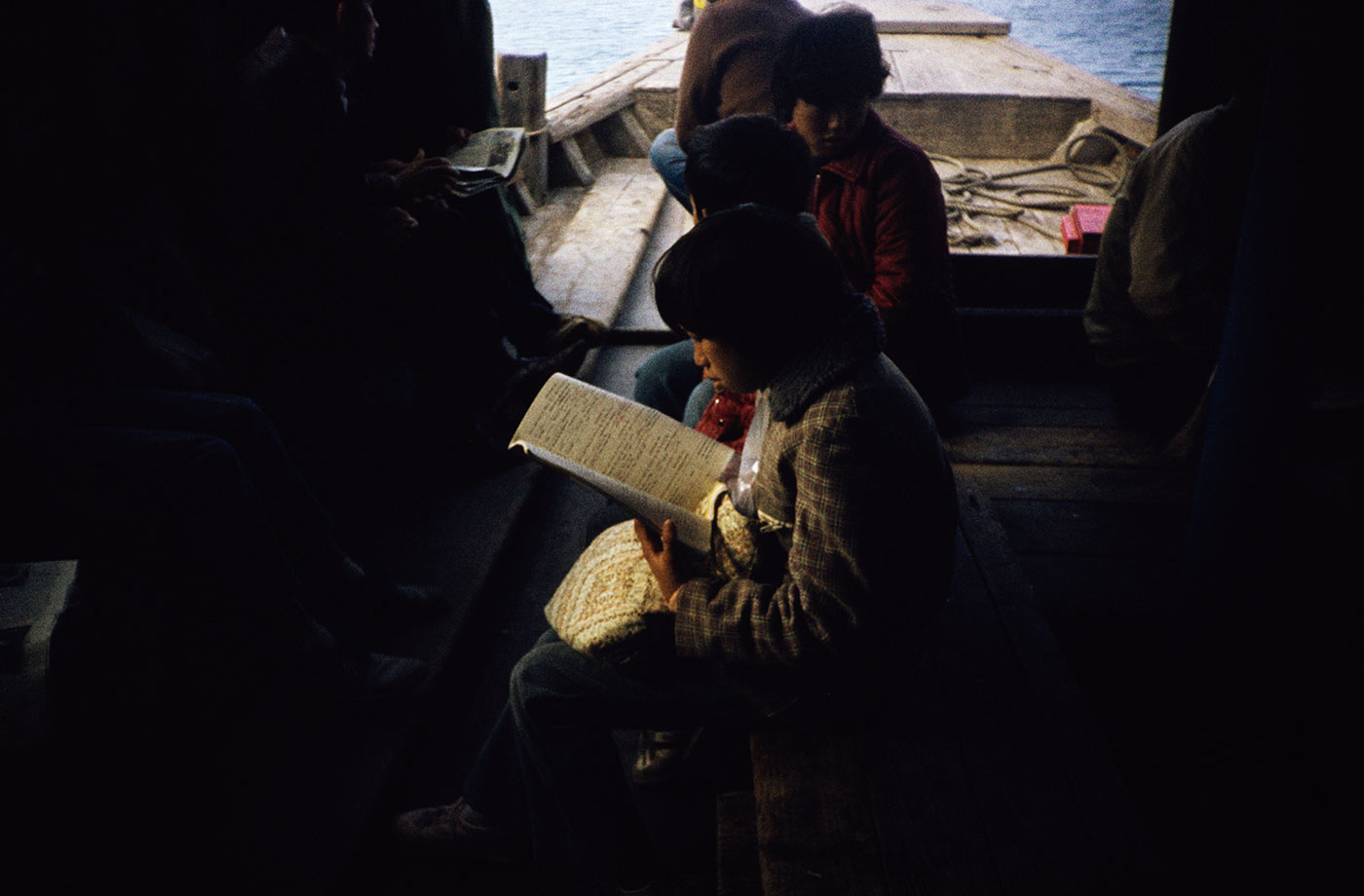Guiding the Youth of the Colony: The Girl Guide Movement in Hong Kong, 1916-1997
The use of ‘youth’ as an analytical lens in historical research on Hong Kong remains relatively underdeveloped. This approach offers a productive framework for re-examining state-society relations under colonial rules. Examining how ‘age' intersected with other social categories, such as race and gender, allows historians to develop a more nuanced understanding of how young people were influenced by and responded to colonial policies and institutions.
Following the Second World War, Hong Kong was a ‘young’ city. By the 1960s, nearly half of its population was under fifteen years old due to the significant influx of immigrants from mainland China and the post-war baby boom. This drastic increase in the youthful population and their dire socio-economic conditions ensured youth became a concern of the colonial state as never before. Nevertheless, historians of Hong Kong have not fully explored the topic of governance of youth and youth experience in the postwar colony. Likewise, Hong Kong is absent in the existing scholarship on the global history of youth. My research seizes the opportunity presented by this gap and aims to investigate the relationship between youth and colonial governance through different case studies. My MPhil research focused on the Girl Guide movement in colonial Hong Kong, and my ongoing PhD project examines a broader scope of governance of youth in postwar Hong Kong. The following section provides an overview of each project in more detail.
Fig. 1: A Government Poster to encourage young people to joined uniformed youth groups. HKSAR.
My MPhil thesis, “Guiding the Youth of the Colony: The Girl Guide Movement in Hong Kong, 1916-1997,” traced the transformation of the Girl Guide movement in colonial Hong Kong from a British middle-class youth activity to a popular youth movement that engaged Chinese girls of different social backgrounds. Drawing on underexamined official Girl Guide publications and documents, it argued that the Hong Kong Girl Guide movement was significant to colonial governance as it provided a platform for colonial collaboration across different generations and races. To break the traditional top-down narrative in imperial history that often overlooks the historical experience of women and girls, I examined memoirs and collected and conducted oral history interviews to uncover girls’ motivation in participating in the Girl Guide movement and its impacts on their lives. Their accounts revealed that girls were able to gain a sense of achievement through the movement, and this further motivated them to organize Girl Guide training voluntarily for the younger generation.
One significant finding was the connection between the Hong Kong Girl Guide movement and Cold War politics in Asia. I argued that both the colonial government and the United States supported Girl Guiding in Hong Kong as a preferable youth leisure activity that shaped law-abiding citizens and countered communist influence. American funding played a key role in bridging local girls with the ‘free world’ while also making Hong Kong a strategic site for propagating the movement to Southeast Asia. As such, this study not only highlighted the importance of the movement in facilitating local governance in Hong Kong but also contributed to the broader scholarship on Girl Guiding within and beyond the British Empire.

Fig. 2: Child learns English on a street ferry, 1984, photograph by Nigel Spry. (Image courtesy of University of Bristol Library, Special Collections (DM3263/1/1/13))
My PhD project expands the discussion from one single youth organization to the broader area of colonial youth welfare from 1945 to the 1970s. The central research question is: how were young people in Hong Kong governed against a backdrop of local unrest, decolonization, and Cold War tensions in Asia? To answer this, my project explores three key areas: the construction and management of juvenile delinquency, the regulation of youth leisure through the Hong Kong Federation of Youth Groups and the Duke of Edinburgh's Award scheme, and the international representation of Hong Kong youth. Specifically, I examine how the colonial state worked in partnership with voluntary associations and international actors, and also how the influence of the United States and Communist China shaped the development of youth welfare in Hong Kong. My initial research findings suggest that there was a transnational network of training for youth workers, highlighting how Hong Kong was interconnected with Britain, the United States, and Southeast Asia in shaping its governance of youth. Thus, my research situates the case study of Hong Kong in conversation with three major strands in the historical writing of youth, including literatures on juvenile delinquency in the colonial context, youth leisure in relation to governance, and the global politics of youth in the Cold War era.
All in all, my projects employ ‘youth’ as an analytical lens to understand colonialism in Hong Kong, while at the same time putting the story of Hong Kong into the global history of youth. Through examining the ways in which Hong Kong’s young people engaged with the government and youth organizations, my work aims to reveal how Hong Kong was deeply interconnected with global networks beyond its metropole.
Tracy Leung is a second-year PhD student at the Hong Kong History Centre, University of Bristol. Email: tracyhc.leung@bristol.ac.uk